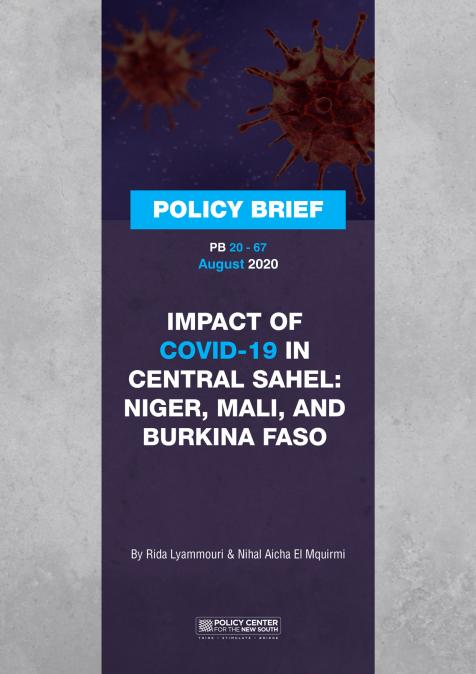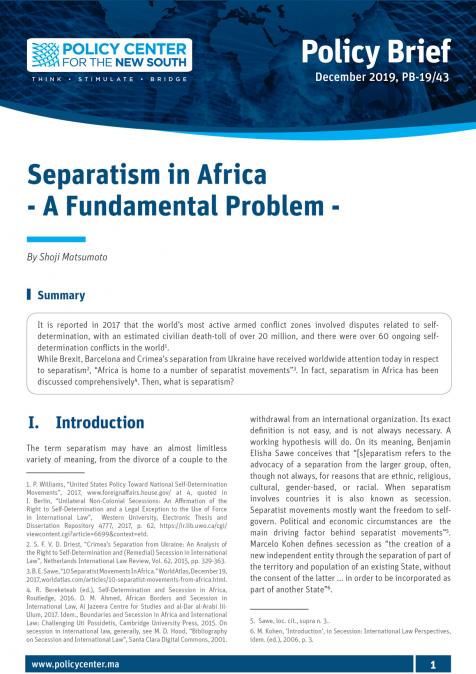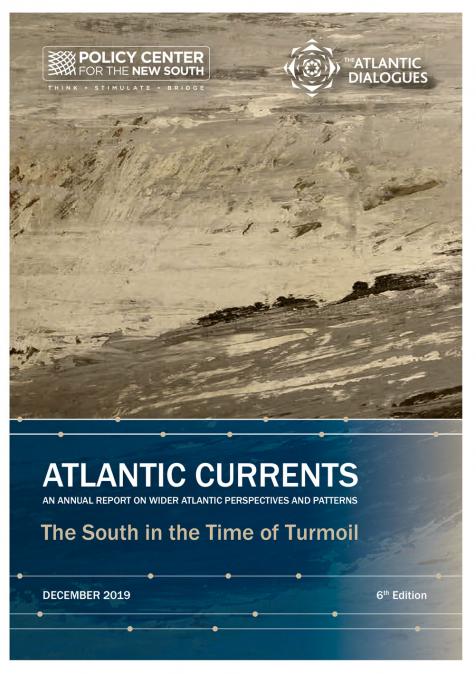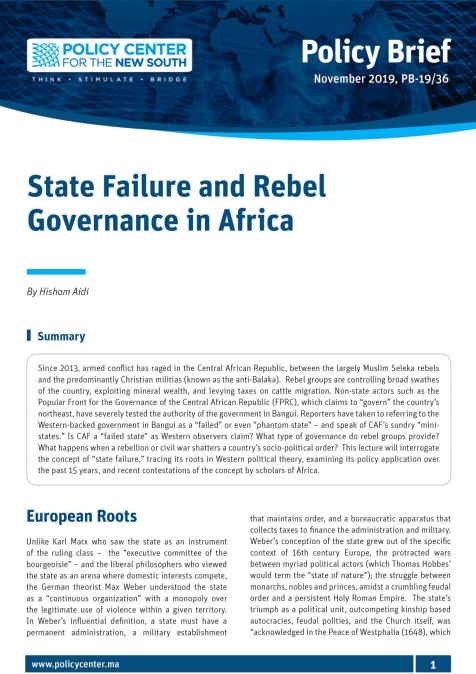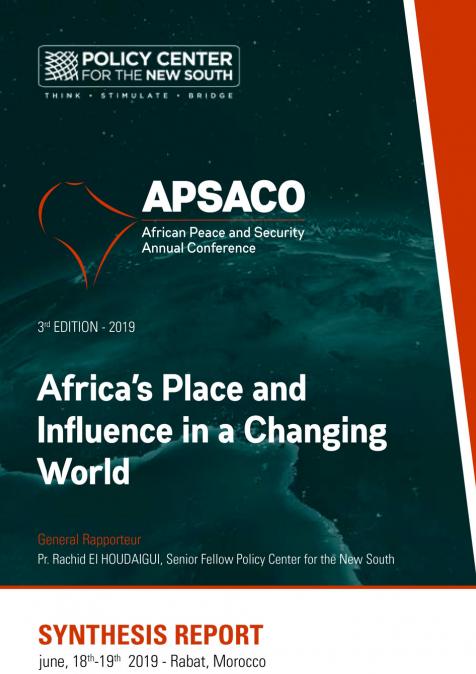تعد مجموعة فاغنر شركة عسكرية روسية خاصة تنشط في عدد من الدول الأفريقية منذ عام 2017، بما في ذلك جمهورية إفريقيا الوسطى وليبيا ومالي، والسودان، وموزمبيق، ومدغشقر. وقد وُجِّهَت اتهامات للمجموعة بارتكاب العديد من انتهاكات حقوق الإنسان في جمهورية إفريقيا الوسطى، مثل القتل والتعذيب والعنف الجنسي، مما أدى إلى فرض مجلس الأمن التابع للأمم المتحدة عقوبات على فاغنر وزعيمها بريغوجين، نتيجة أنشطتها في جمهورية إفريقيا الوسطى في عام 2021. بالإضافة إلى ذلك، دعمت فاغنر خليفة حفتر في ليبيا والمجلس العسكري في مالي الذي استولى على السلطة في انقلاب عام 2021. كما قامت بتدريب القوات السودانية وساعدت في قمع المعارضة ضد حكومة الرئيس عمر البشير. وفي موزمبيق، شاركت مجموعة فاغنر في مكافحة المتمردين الإسلاميين، وكذلك أنشطة التعدين والأنشطة الاقتصادية الأخرى في مدغشقر. هنا يرى العديد أن أنشطة فاغنر في إفريقيا هي وسيلة لروسيا لتوسيع نفوذها في القارة، مما يمنحها قاعدة في البلدان ذات الأهمية الاستراتيجية، مثل جمهورية إفريقيا الوسطى وليبيا، بالإضافة إلى دعم فاغنر لتعزيز صادرات الأسلحة الروسية والمصالح الاقتصادية في إفريقيا. فأمام هذه الديناميكية، فرضت الولايات المتحدة والاتحاد الأوروبي والمملكة المتحدة عقوبات على فاغنر وقادتها. ومع ذلك، دافعت روسيا عن أنشطة فاغنر في إفريقيا، بزعم أن المجموعة تقدم خدمات أمنية مشروعة للحكومات الأفريقية. غير أن هذه الروابط بين روسيا وشركة فاغنر تشنجت في الآونة الأخيرة نظرا للشقاق الذي وقع بين قائدها بريغوجين وموسكو، ما يطرح عدة تساؤلات حول مواصلة عمليات فاغنر في هذه الدول الإفريقية ومصير قيادتها وطبيعة أنشطتها. فما هو الدور الذي لعبته مجموعة فاغنر في السياسة الخارجية والأمنية الروسية حتى الآن؟ وما هو الدور الذي نسب إلى هذه المجموعة في إفريقيا؟ وما مآل فاغنر اليوم بعد انتقال زعيمها بريغوجين من روسيا إلى بيلاروسيا، هل سيظل يدير مجموعته من هناك لتمكينها من الاستمرار في مهماتها في جمهورية إفريقيا الوسطى وليبيا ومالي والكاميرون بشكل غير معلن؟ أم هل يبدو انسحاب فاغنر من إفريقيا خيارا مطروحا اليوم على طاولة الحكومة الروسية؟




